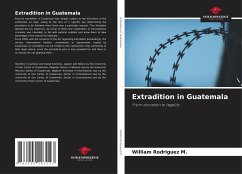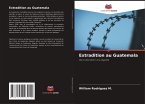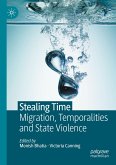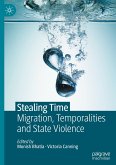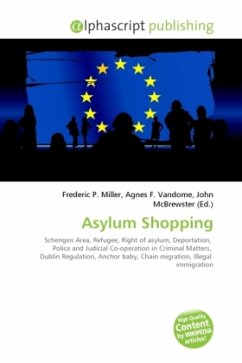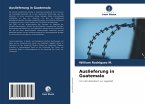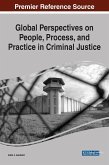Passive extradition in Guatemala was largely subject to the discretion of the authorities on duty, owing to the lack of a specific law determining the procedure to be followed when there was a particular request. This limitation allowed the ius imperium, by virtue of which the repatriation of transnational criminals was intended, to fail with political subtlety and allow them to take advantage in the search for impunity. Since 2008, with the issuance of the Act regulating extradition proceedings, the various international treaties, conventions or agreements signed by Guatemala on extradition can be limited to the substantive rules pertaining to their legal nature, since the procedural part is duly provided for and there is no excuse for not applying them.

